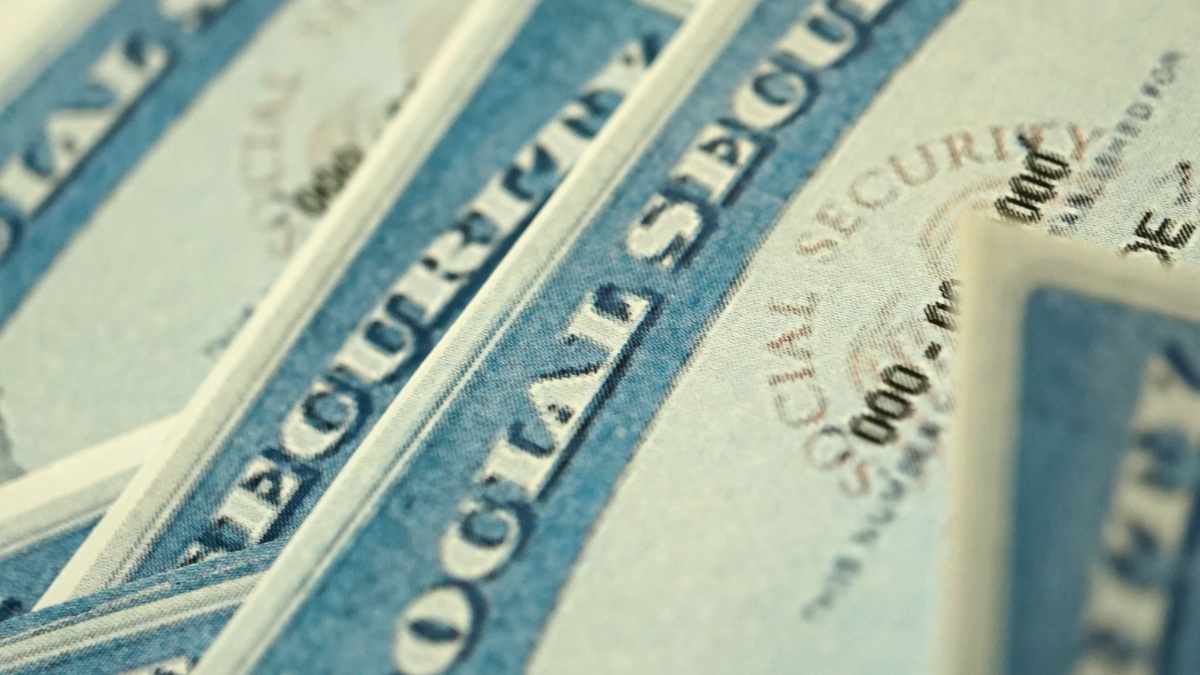The Social Security Administration (SSA) is responsible for managing and distributing benefits to millions of people across the United States. However, there are instances when beneficiaries may notice they receive a double payment, which can seem confusing at first.
This doesn’t mean that the amount is doubled, but rather that the SSA is advancing payments when due dates fall on holidays or weekends, something that is set to happen again before the end of the year.
Why does Social Security issue double payments?
These types of adjustments primarily affect those receiving benefits from the Supplemental Security Income (SSI) program. SSI is designed to assist individuals with disabilities, vision problems, or those who don’t have enough income to qualify for Social Security disability insurance. Currently, around 7 million people in the country benefit from this program, receiving a maximum monthly payment of $943 per person, though the amount can vary depending on the state of residence.
The reason behind these double payments is straightforward: when the usual Social Security payment date falls on a federal holiday or weekend, the SSA is required to move the payment date to the last business day before the holiday or weekend. This ensures that beneficiaries receive their money on time without having to wait longer than necessary.
This payment schedule adjustment is not unusual, and in fact, has already occurred several times throughout 2024. For instance, in May and August, SSI beneficiaries received a double payment because the usual payment dates fell on non-working days. Now, in November, another of these double payments is scheduled.
Double payment schedule: when will you receive yours?
To wrap up the year, SSI beneficiaries will receive one payment on November 1 and a second payment on November 29. The latter corresponds to the advance of the December 1 payment, which falls on a Sunday. It’s important to clarify that the payment amount is not affected; beneficiaries will simply receive the money earlier because of the non-working day.
Additionally, for those already looking ahead to 2025, the last payment of the year will be made on December 31. This payment corresponds to the January 1, 2025 check, which is also a holiday. In summary, SSI beneficiaries will receive their payments in advance on these key dates, which can help with better financial planning and avoid any inconveniences.
Who is eligible to receive these benefits?
Social Security payments are intended for people over the age of 65, adults and children with disabilities, and individuals who meet certain financial criteria. Unlike Social Security Disability Insurance (SSDI), to receive SSI, it is not necessary to have previously paid Social Security taxes.
The maximum amount an individual can receive, as mentioned earlier, is $943 per month. However, couples applying together can receive up to $1,415 a month. That said, the exact amount can vary depending on the state of residence.
For example, in states like Florida and New York, SSI beneficiaries receive additional payments provided by the state government, which can increase the total monthly amount. On the other hand, in states like Arkansas, Mississippi, and North Dakota, no such state supplements are offered, meaning beneficiaries only receive the federal base amount.
What should you keep in mind for November’s double payment?
If you’re an SSI beneficiary or know someone who is, it’s crucial to be aware of the exact dates for the upcoming payments. You will receive two checks in November, one on the 1st and another on the 29th. This advance payment will allow you to better organize your finances and avoid depending on a payment that, under normal circumstances, would be delayed due to a non-working day.
It’s equally important to remember that although the payment is being made in advance, the amount is not being doubled. You’re simply receiving your usual payment ahead of time due to the calendar circumstances. Make sure to plan how you manage these double payments, as the next deposit won’t come until the end of December.




